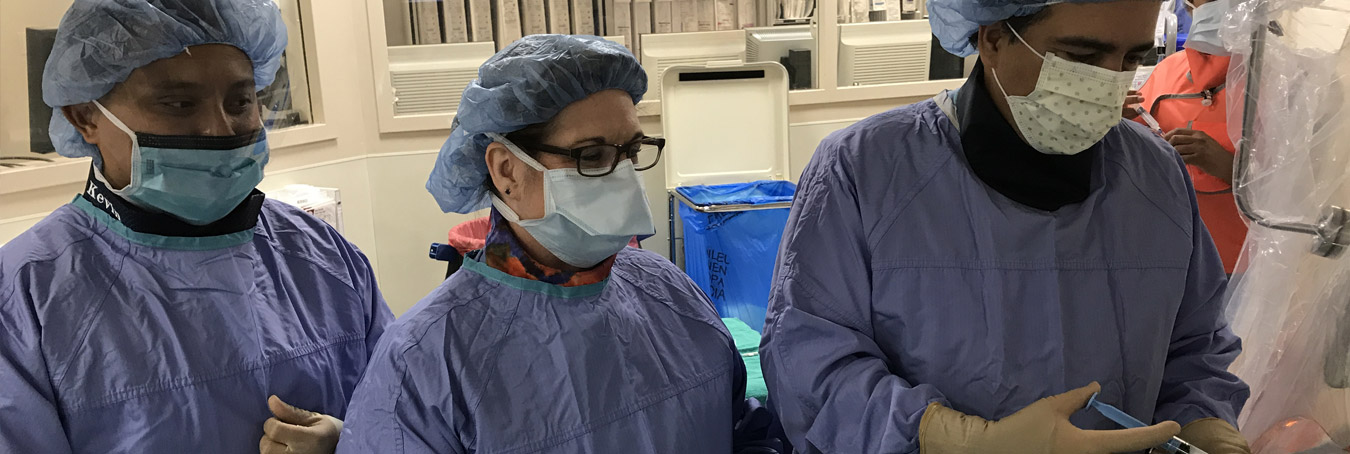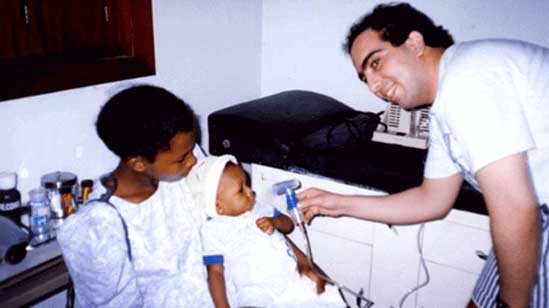Angiotensin Receptor Blockers (ARBs)
Angiotensin Receptor Blockers (ARBs)
Angiotensin receptor blockers (ARBs) are medications. They are most often prescribed to treat high blood pressure, but can be used to treat other conditions. This sheet tells you how ARBs work and how to use them effectively.
How ARBs Work
Angiotensin II  is a hormone produced by the body. It increases the blood pressure (the stress that blood puts on the walls of the arteries). It does this by making the body's small arteries (arterioles) narrow, or constrict. It also does this by causing the release of a hormone called aldosterone. This hormone makes the kidneys retain salt (sodium) and release a mineral called potassium. These two steps increase blood pressure.
ARBs  block the action of angiotensin II. This prevents the hormone from causing an increase in blood pressure. ARBs are often used instead of ACE (angiotensin converting enzyme) inhibitors. ACE inhibitors also reduce blood pressure. They do this by preventing the production of angiotensin II. But they often cause coughing. So, ARBs may be preferred. ARBs may also be used at the same time as ACE inhibitors.
What Conditions ARBs Treat
Because ARBs help to reduce blood pressure, they are most often used to treat high blood pressure (hypertension). But they help treat other conditions as well. These include:
Heart failure.  This is when the heart is no longer able to pump enough blood throughout the body. ARBs prevent a rise in blood pressure and lessen strain on the heart. These things help treat heart failure by making it easier for the heart to pump, and improving blood flow.
Diabetes.  This is when the body has trouble using a sugar in the blood for energy. Diabetes can damage the blood vessels. This can lead to kidney failure (when the kidneys stop working properly). High blood pressure can also damage the blood vessels. Because ARBs help to lessen blood pressure, they help decrease the risk of blood vessel damage and kidney failure.
Side Effects of ARBs
Side effects may occur during the first few days of usage. These should fade as your body gets used to the medication. If these side effects persist or worsen, call your doctor. Side effects can include:
Cough
Low blood pressure
Dizziness
Drowsiness
Diarrhea
Stuffy nose
Raised potassium levels
Drug Interactions
Some medications interact (affect how other drugs work when taken together). ARBs have few interactions with other drugs. But talk to your doctor if you take any of the following:
Potassium supplements, salt substitutes, and drugs that increase potassium levels
Diuretics ("water pills")
Lithium
Rifampin
Fluconazole
What to Tell Your Doctor Before Taking ARBs
Your doctor needs to know your health history in order to safely prescribe medication for you. Be sure to tell your doctor:
What medications you are taking, including over-the-counter types and supplements.
If you are allergic to any medications, especially ACE inhibitors.
If you have or have had other medical problems such as diabetes or heart, kidney, or liver disease.
If you are breastfeeding.
Note: Do not take ARBs when you're pregnant or thinking about becoming pregnant. This medication can harm an unborn baby.
Tips for Taking Medications
ARBs need to be taken every day-even when you feel fine. Use the tips below to stay on track.
Have a routine.  Take your medication at the same time each day. This might be with breakfast, when you brush your teeth, or before you walk the dog. If you miss a pill, don't take two the next time.
Plan ahead.  Refill prescriptions before they run out. Be sure to take enough medication with you when you travel.
Never change your dosage or stop taking medication on your own.  This can be dangerous. Always talk to your doctor before making any changes in your medication plan.
Use reminders.  Keep medication where you can see it. Put notes on the refrigerator or other places you'll see them. Using a pillbox can also help.
Tell your doctor about other medications or supplements you take.  These can react with your medication. Some cold and flu medications can also raise blood pressure.
When to Call the Doctor
Call your doctor right away if you have any of the following while taking ARBs:
Fever of 100.4°F or higher
Abdominal pain
Persistent sore throat
Excessive fatigue
Joint or muscle aches
Muscle weakness
A major change in the amount of urine produced
Signs of allergic reaction (rash, itching, swelling, trouble breathing)
© 2000-2009 The StayWell Company, 780 Township Line Road, Yardley, PA 19067. All rights reserved. This information is not intended as a substitute for professional medical care. Always follow your healthcare professional's instructions.









 Click Here for More Details
Click Here for More Details







